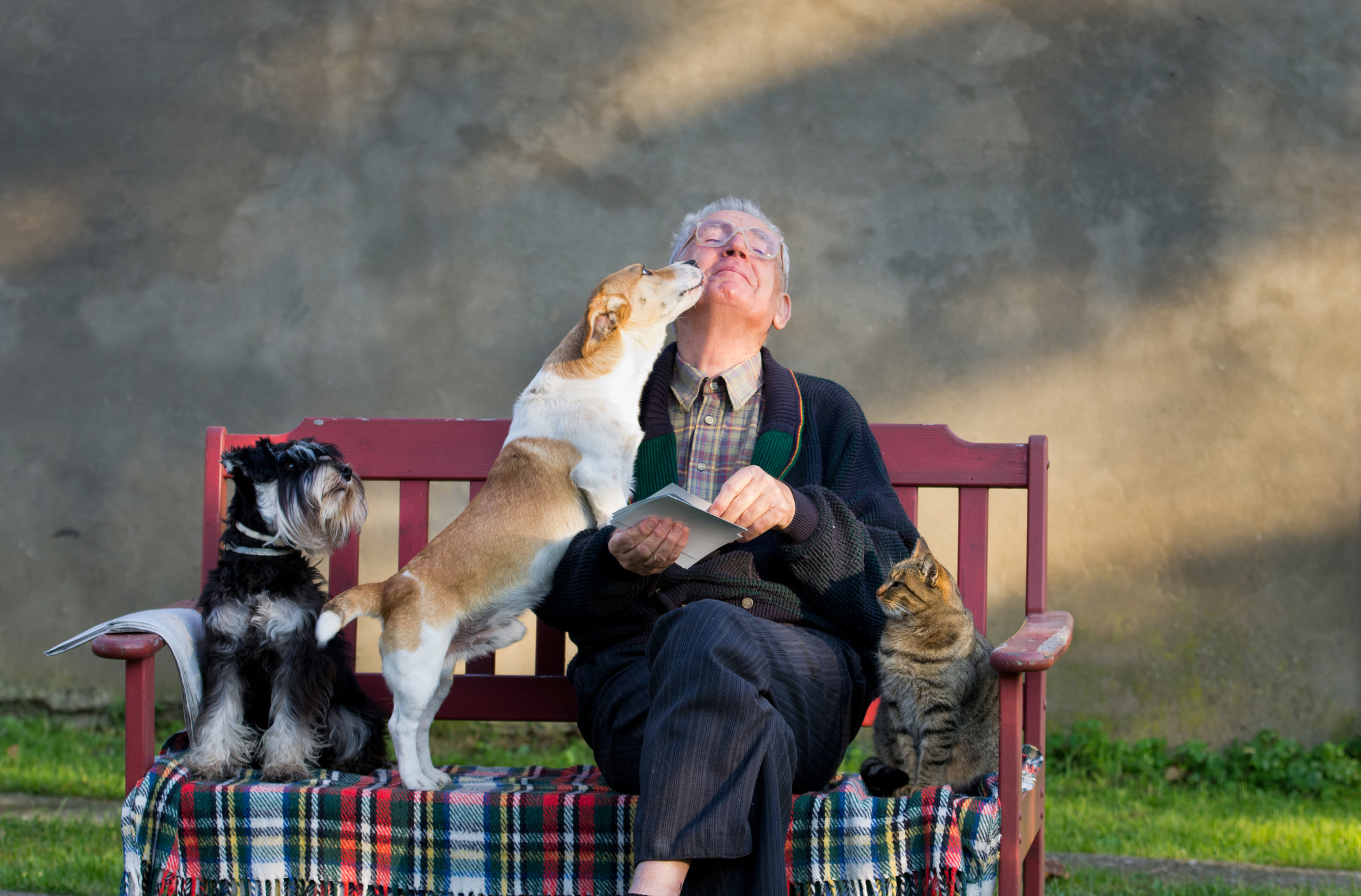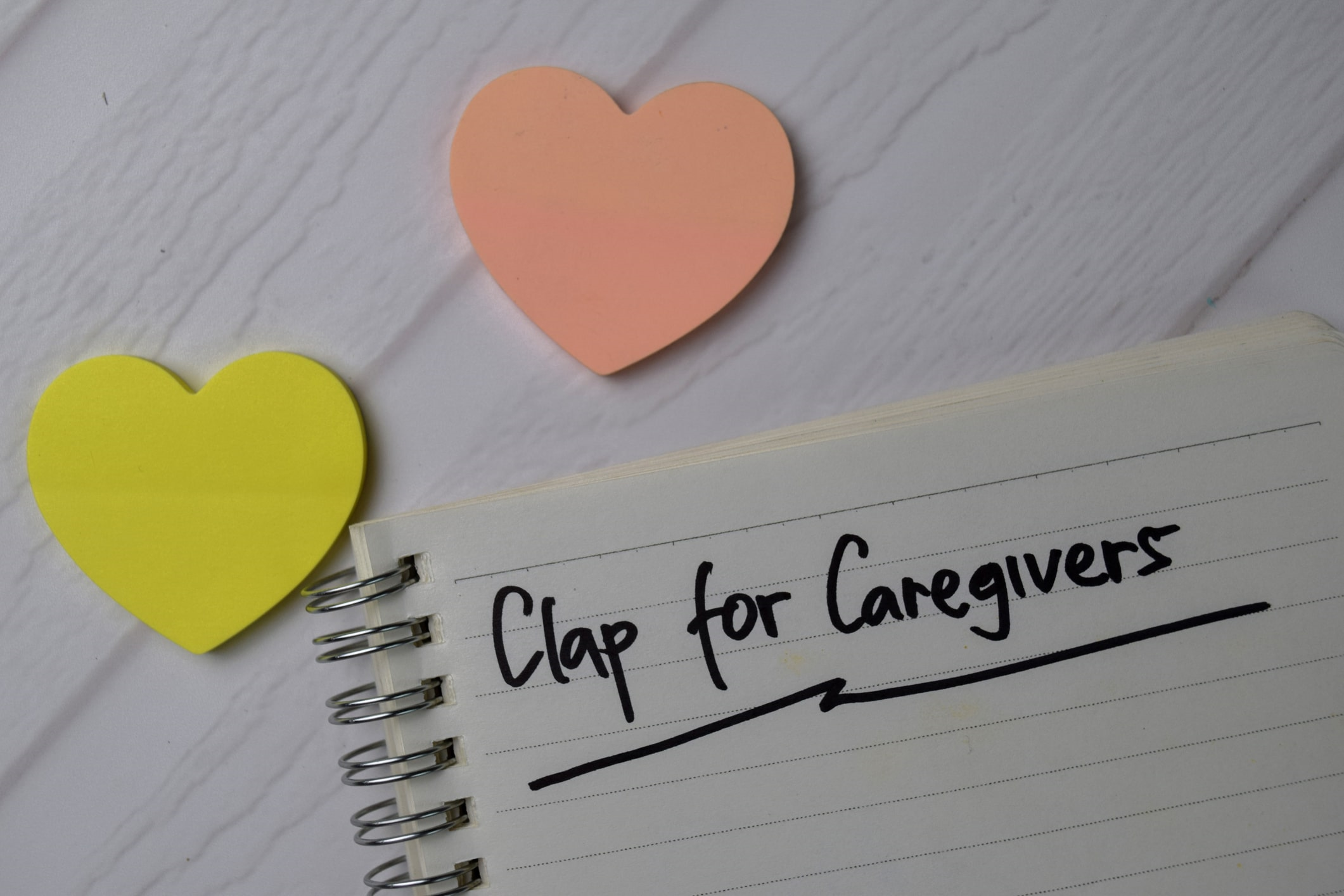Having worked with unlicensed professional Caregivers in Assisted Living and Home Care settings for the past 24 years, I’d like to say “I’ve seen it all”, but the severe shortage we’re experiencing among the post-acute care services now is unprecedented, and frankly worrisome.
A recent article on the CareerPlug site states: “The labor market is undergoing a massive readjustment… In fact, about 2 million women have stopped looking for work since the pandemic began. This is most acutely felt in industries like home health care, where women make up a significant portion of the workforce.”
“Caregiver”, “Personal Care Attendant”, “Resident Assistant” are just some of the names that organizations use to describe one type of employee – the layperson (usually not certified or licensed) who will work in a private home or home-like setting, assisting one or many adults (mostly seniors) with their Activities of Daily Living (ADLs). ADLs are defined as grooming, bathing, eating, toileting, walking, and taking medications. There’s more to it, of course. These employees also provide residents/clients with companionship, entertainment activities, comfort, a sense of safety, and help them to have meaningful days in many ways. And while ADLs are obviously very important to meet one’s basic needs, the latter is what makes these jobs fulfilling for the employees.
When we’re looking for new staff, it’s fantastic to find highly capable, professional care staff, with many years of experience, vast knowledge, and handfuls of reference letters! The reality is, those folks are likely already working a full-time job (or two) and are not looking for work right now. So, organizations must get creative and dig a little deeper. In recruiting for these valuable positions, I’ve always said “Start with the Heart, skills 02057.23.2.019.indd 1 can be taught.” Some of the best caregiving staff I’ve hired are adults who have had some experience providing care for a family member and realized when that was over that they missed it. As arduous as it can be to care for a loved one, the experience can change the way a person sees the world. One starts to appreciate the little things, like emotionally connecting with the care recipient and the sense of pride and accomplishment that comes with affecting their life and seeing them thrive or overcome illness, or even pass away in peace and comfort. Oftentimes, a family caregiver does not want to return to their old job or industry. It doesn’t feel as rewarding to them as it used to, why would it?
CareerPlug’s aforementioned article also says that the way to get good people to work for you is to include compensation and benefits in the job posting. And I’m not arguing that but what if we included the softer benefits too? Perhaps we are looking at an entirely new workforce in the post-acute care industry. What if the ad mentions that we are looking for people who want to help others have meaningful days? You can always learn the direct skills, but we can’t teach someone how to truly care about another human being.
If you’ve been a family caregiver, or taken care of your neighbor, or helped that gentlemen from church, you may be ready for a more rewarding career! Pay is becoming more competitive as the market changes. Organizations may offer flexible schedules to hire the right people. Giving of ourselves to better someone else’s life FEELS GOOD! The service of others feeds our own souls. Why not get paid for it? Consider a job in an Assisted Living or Home Care, and go home at the end of a shift feeling full!
Candyce Slusher, LVN
Slusher Consulting
Related Post

Long-distance caregiving presents unique challenges. If you find yourself in the long-distance caregiving role, here is a summary of things to keep in mind.

An Aging Life Care Professional, also known as a geriatric care manager, is a health and human services specialist who acts as a guide and advocate for families who are caring for older relatives or disabled adults. The Aging Life Care Professional is educated and experienced in any of several fields related to aging life care/care management, including, but not limited to nursing, gerontology, social work, or psychology, with a specialized focus on issues related to aging and elder care.
Aging Life Care Professionals are members of the Aging Life Care Association™ (ALCA) and must meet stringent education, experience, and certification requirements of the organization, and all members are required to adhere to a strict Code of Ethics and Standards of Practice.
Aging Life Care Professionals become the “coach” and significant others or clients the “team captain.”
Care Managers are:
• hired advocates for our clients who are impaired in some way and unable to effectively advocate for themselves or guide those who are wanting to plan for future care needs
• independent assessors of quality-of-life needs/goals and strive to make sure they are met
• assess the decline in our client’s cognitive and functional levels that needs to be addressed by key providers, i.e., care communities, PCPs, therapists, caregivers, etc.
• identify solutions and resources as issues of safety, security, and well-being are identified and assist with the implementation
• have extensive knowledge about the costs, quality, and availability of resources in their communities
• often have more knowledge of our client’s status, and therefore a better understanding of when health changes are occurring
• often have an established personal relationship establishing an element of trust which provides comfort and a sense of safety for them during our visits
• the eyes and ears for the families or friends of our clients, assisting them in navigating the care continuum and ensuring communication lines are open
• point person between services, including facilities, and significant others; we understand the system, how it works, reasonable expectations vs. unreasonable ones, etc.
• professionals with exceptional written and oral communication skills. They are great listeners and have the skills to manage family emotions when there are care issues that need to be addressed
Care Managers:
• coordinate and attend medical appointments to ensure continuity of care and accuracy and completeness of input to the providers, virtually and in-person and can relay this detail to significant others, plus recommend and secure appropriate medical resources
• assist with transitions of levels of care, discharges, Emergency Dept. visits, etc.
• coordinate and assess the selection of personal care companies, ensure quality and effectiveness of care, and collaborate with them and their management
We identify viable solutions that will minimize the decline and implement agreed-upon strategies to maintain their well-being. Most important, care managers are the advocate for the client and consult significant others/caregivers on an array of concerns and issues. And, we also conduct family meetings to create a sound plan of care, which can entail working through difficult past relationships to ensure the client’s wishes are known and needs be prioritized. Some care managers also assist clients with administrative tasks such as paying one’s bills, coordinating engaging activities to reduce isolation, and managing various home-related issues.
Jill Piazzi, MA/CMC Gray Matters Care Management www.GrayMattersCare.com
